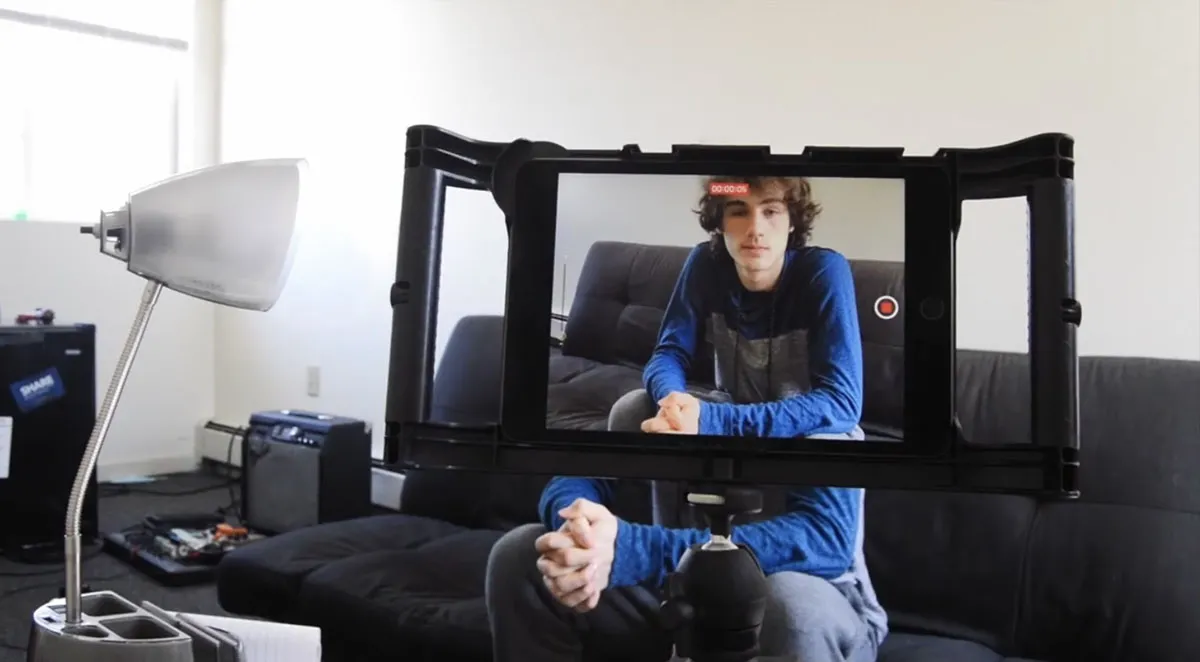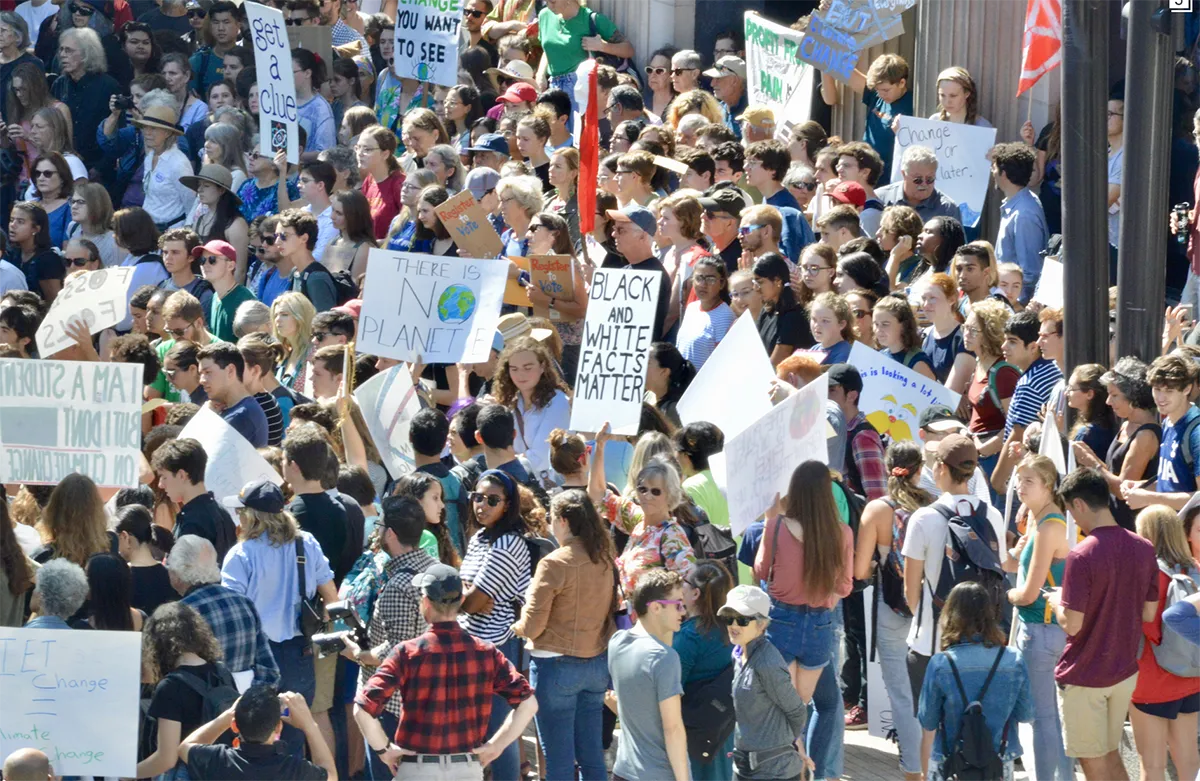Lots of class projects can earn you an A, but only the select few can earn you recognition in a national environmental storytelling competition at the same time.
Journalism major Ryan Bieber ’22 was able to achieve both after being recognized at Planet Forward’s 2021 Storyfest Summit for his short film, “The Quest For Activism in Journalism and Environmentalism.” His film was one of just four that were chosen by the judges to be highlighted and discussed in depth.
In the film, he explores the line between advocacy and objectivity in environmental journalism.

